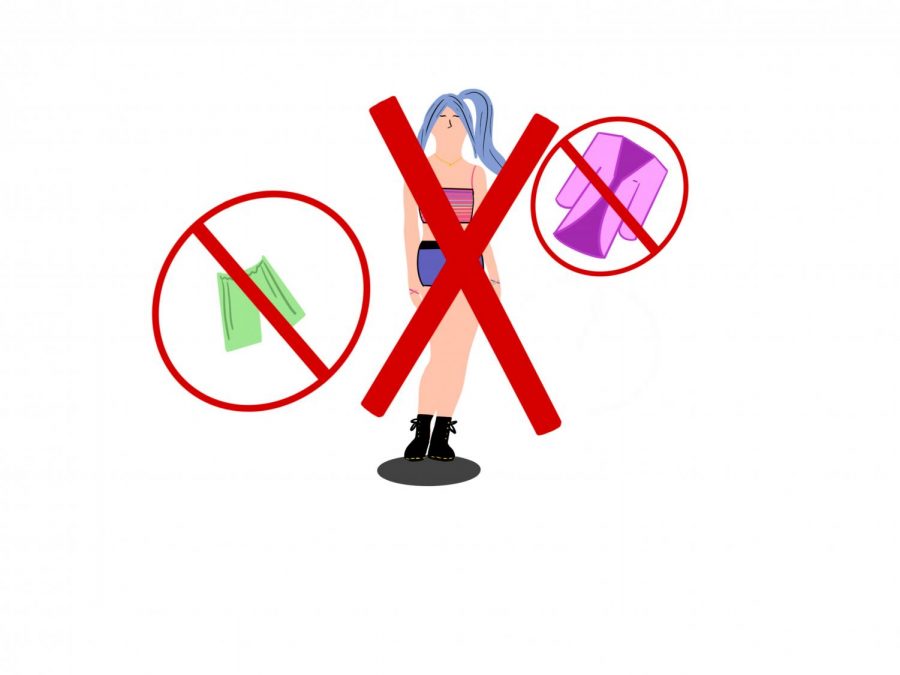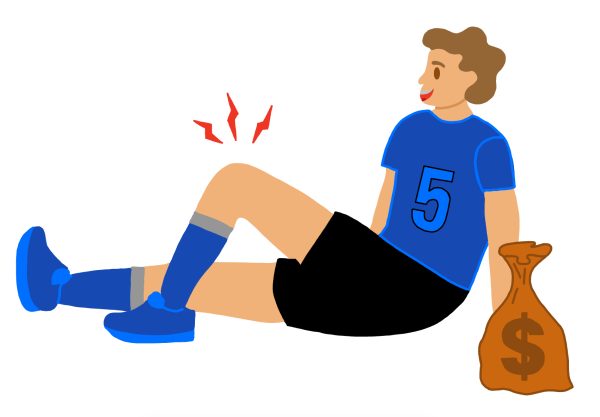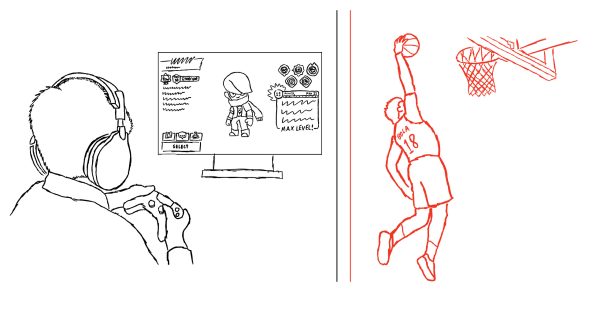Fast fashion crisis arises as trendy clothes ruin earth
Stores like Forever 21, Shein, Romwe, and Fashion Nova are clothing brands popular and affordable for teens, but have lasting negative effects on others and the environment. Fast fashion is the mass production of trendy clothing sold at low prices. The reality and problems of fast fashion are not often acknowledged. Fast fashion brands actively contribute to the earth’s pollution and exploit their workers. There are, however, some alternatives to the growing popularity of fast fashion.
Fast fashion, producing more than 150 billion clothing items every year, contributes to 10% of the world’s carbon emissions, putting it in second place after the oil industry. These carbon emissions lead to climate change and various negative effects on all aspects of life. Chemicals used for the rapid mass production of these clothing items are thrown into landfills and the environment and 500,000 tons of micro fibers land in the ocean every year. Many consumers end up throwing away their fast fashion clothing items either because they are made of such cheap materials that they are ruined, or because they are out of style. According to greenamerica.org, 3 million tons of clothing are incinerated and 10 million tons are sent to landfills every year.
Along with harming the environment, major fast fashion companies exploit their workers. Generally in poor, developing Asian countries, women and underage children start working for these companies. They receive an unbelievably low wage of two to six cents per produced clothing piece and work at least 60 hours every week. This leaves them with about $300 every week. On top of that, workers are placed in dangerous conditions and are not given any benefits or protection.
Although clothing from fast fashion brands is affordable and efficient, there are many alternatives to shopping these brands. Thrifting or shopping second hand stores promotes shopping ethically and giving lightly worn items a new life. There are also a lot of companies that use sustainable materials to create their products. Patagonia, for example, uses recycled materials, organic cotton, and does not support child labor. Other similar ethical companies are Levi’s, H&M Conscious, Adidas, Veja, and many less well-known small businesses.
Plant people and the earth are faced with challenges due to fast fashion while others openly support fast fashion companies, often without even realizing their impact. So much destruction and exploitation has been caused due to these companies, but can be stopped with an increase in awareness and activism.
Your donation will support the student journalists of Saint Viator High School. Your contribution will allow us to purchase equipment and cover our annual website hosting costs.








